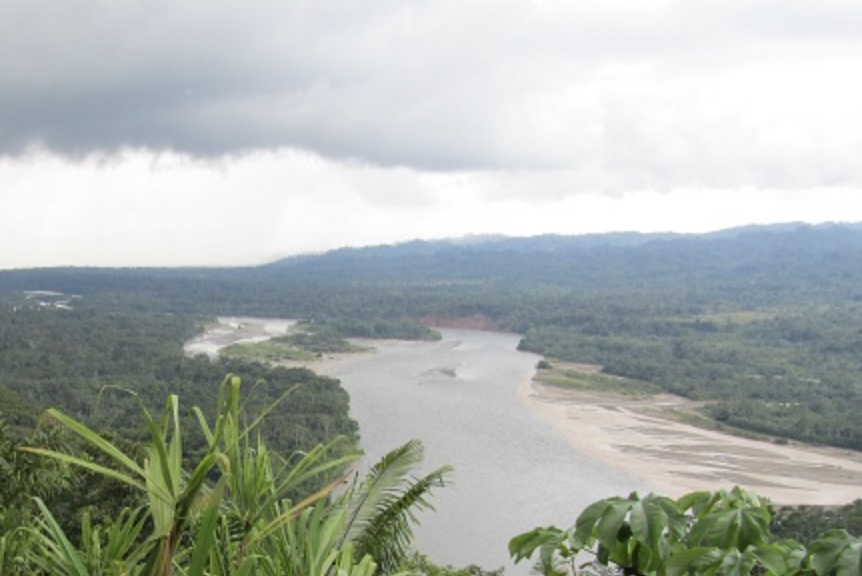By Janet Ekstract
ISTANBUL-Last week Brazil’s President Luiz Inacio Lula da Silva called the meeting of the Amazon Cooperation Treaty Organization (ACTO) summit, a “landmark” event. The two-day summit meeting in Brazil, dealt with major issues facing Amazon’s rainforest region and brought together eight leaders from those regions to discuss current challenges. Also attending were representatives from Bolivia, Brazil, Colombia, Ecuador, Guyana, Peru, Suriname and Venezuela. Prior to the summit, over 50 environmental groups urged governments in those regions to adopt a plan to “stop the Amazon from reaching a point of no return.” Lula’s pledge
since taking office has been to reduce Amazon deforestation to zero by 2030 despite rampant destruction under former Brazilian president Jair Bolsonaro.
The summit met in Belem in the Brazilian state of Para where deforestation comprises 41 percent of the land mass there. As Lula commented at the summit’s opening: “This is a landmark meeting. It will mark a turning point in the history of protecting the Amazon and the green transition.” He added that it is “urgent to resume and expand” cooperation among South American nations to save the Amazon and reiterated that “joint action” is essential to meet the challenges in saving the region. Scientists and experts on the region have warned that deforestation in the Amazon drives climate change while also increasing greenhouse gas emissions.
During Bolsonaro’s presidency from 2019-2022, there were no checks or balances with Bolsonaro thwarting efforts by indigenous and rights groups to protect the Amazon region. During that time, statistics reveal that at least 13 percent of the Amazon’s original land area was lost with carbon emissions skyrocketing to 117 percent in 2020, according to researchers from Brazil’s national space agency. Major environmental threats still exist and include large hydroelectric dams in Brazil, illegal logging, mining and oil drilling that cause water contamination and interfere with indigenous populations. Other blocks to protecting the region are expanded cattle ranching and soybean farming that result from deforestation. In some areas of Brazil, huge swaths of land were converted for the use of cattle which leads to major greenhouse gas emissions.
The environmental group WWF-Brazil commented: “The recognition that stopping the Amazon tipping point is critical regionally and globally as it endangers the livelihoods of millions of people and the ecosystem services that sustain the environmental health of the entire South American continent.” The summit goals included seeking sustainable development for the Amazon region and a joint declaration to be a future guideline for countries. Discussions focused on how countries might cooperate with one another but at the end of the summit, no definite wording regarding zero deforestation by 2030 had been agreed upon. With over 100 countries signing off in a 2021 agreement on zero deforestation by 2030, Bolivia and Venezuela are the only Amazon countries not to sign onto it. Reuters reported that a source from the Brazilian government, said that Bolivia’s deforestation is rampant and that it’s a hold-out on the issue.The joint declaration issued after the summit, creates an alliance to combat deforestation and permits individual countries to design their own deforestation goals. Climate activists and scientists have said that policymakers don’t act fast enough in the face of catastrophic global warming. With the Amazon region covering six million acres of land mass in an ecosystem that is crucial to creating medicines and maintaining atmospheric levels of oxygen, it will be crucial that Brazilian President Lula Da Silva can ultimately achieve the goal of zero deforestation by 2030.




